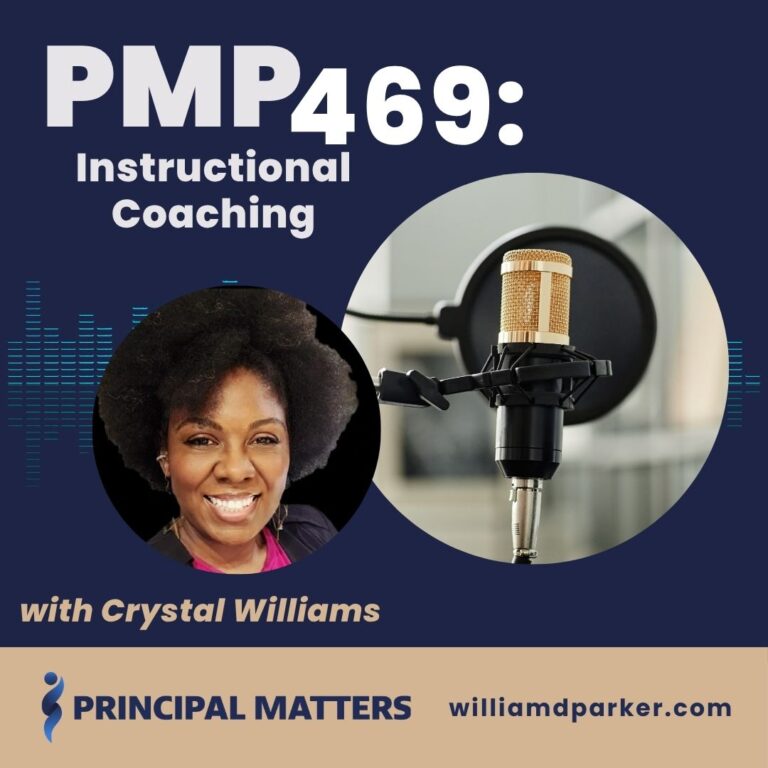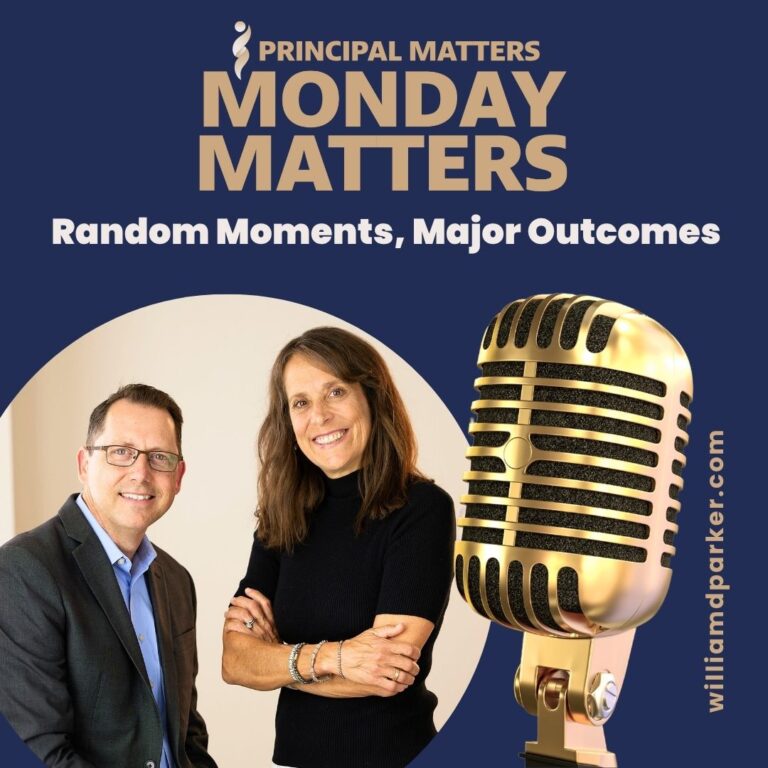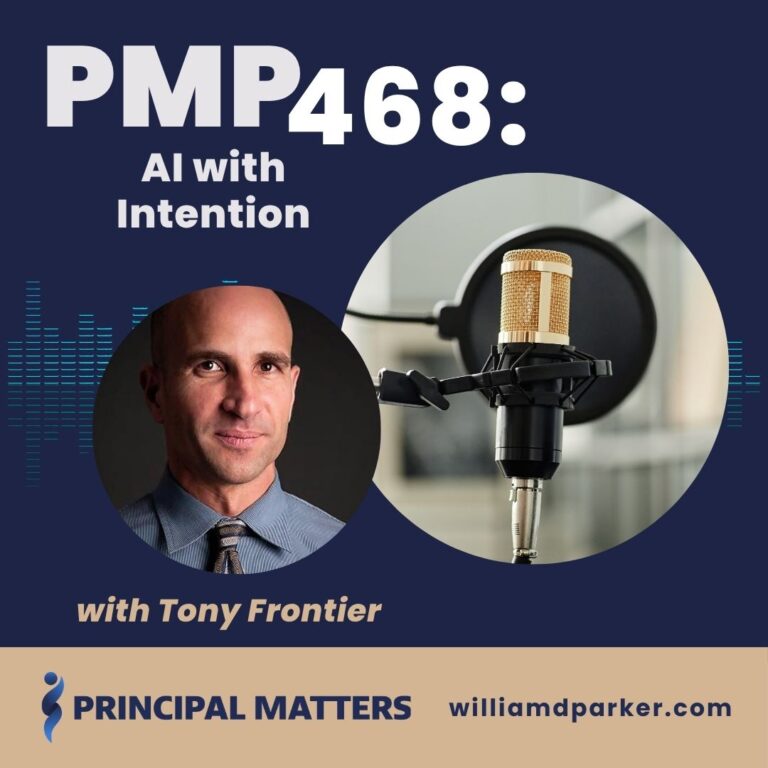Podcast: Play in new window | Download
Enid Lee is a front-line educator, an anti-racist professional development specialist, leadership coach, writer and community builder. She began her joyful journey as a teacher on the Caribbean island of Antigua about 5 decades ago. She has taught in Canada and the United States.
Today Enid consults internationally on equitable education with particular emphasis on language, race and culture and their roles in education. She engages members of school communities, families and community organizations in preparing all learners to create and experience a world with greater justice, joy and generosity.
Her publications include Letters to Marcia: A Teachers’ Guide to Anti-Racist Education; Coaching for Equity; and Anti-Racist Teaching in the Encyclopedia of Diversity in Education. She is a co-editor of Beyond Heroes and Holidays: A Practical Guide to K-12 Anti-Racist Multicultural Education and Staff Development and the developer of an educational tool, Checking and Changing My Systems for Equity.
Enid has been the recipient of several awards for her path-breaking work in antiracist education and community building among Black communities and immigrant parents. She received an Honorary Doctor of Laws from Queen’s University, Canada, and holds an Interdisciplinary Masters of Arts in Sociolinguistics and Caribbean Literature. She is a Virtual Scholar with Teaching for Change in Washington, DC and in real time shares her time between Santa Cruz, California and Toronto, Ontario. In spare moments she enjoys sitting outdoors and nurturing the child within by reading books for youngsters of all ages.
One of her favorite current children’s book is Our Skin: A First Conversation About Race by Megan Madison (Author), Jessica Ralli (Author), and Isabel Roxas (Illustrator).
In this podcast conversation we cover the following questions:
1. When you define equity, equality and systems, you encourage educators to “build on strengths.” Why is that an important distinction?
2. Take us back to 1967 please. Most educators I work with today were either not born then or still in school themselves at the time. How has the work of anti-racist professional development evolved over the decades you have been in education?
– What changes have you observed in education at large?
– What challenges do you still see?
3. Why do you focus on ‘systems’ when address equity and equity in learning?
4. What keeps you motivated, involved, or ‘going’ for so long in this work with schools?
Another book we reference in our conversation includes The Rough Patch by Brian Lies:
Now It’s Your Turn
Listen-in to the conversation for valuable takeaways and perspectives. You can find more about Enid Lee and her resources for schools at https://www.enidlee.com/resources.




